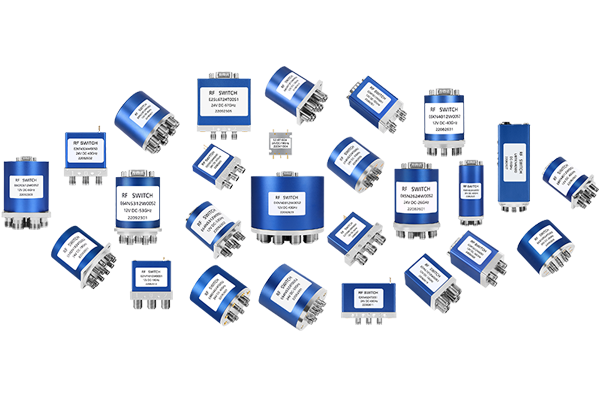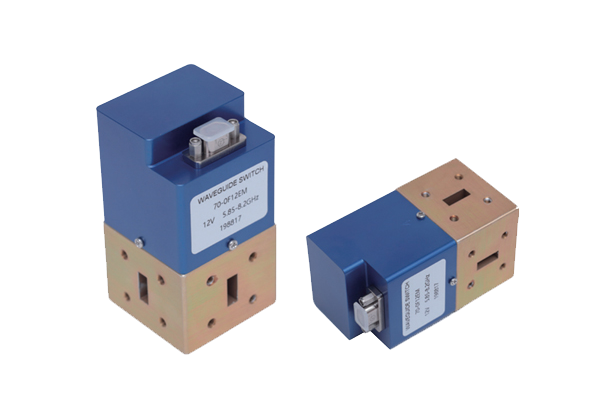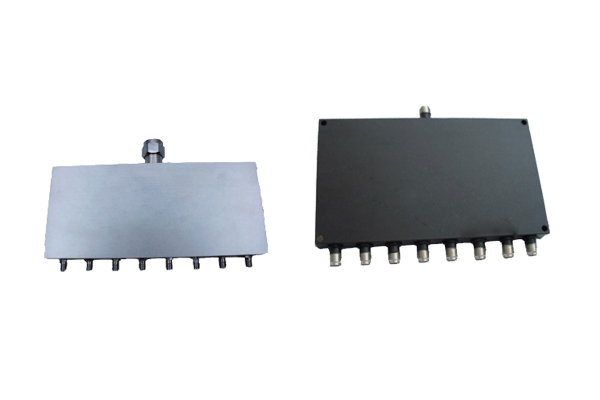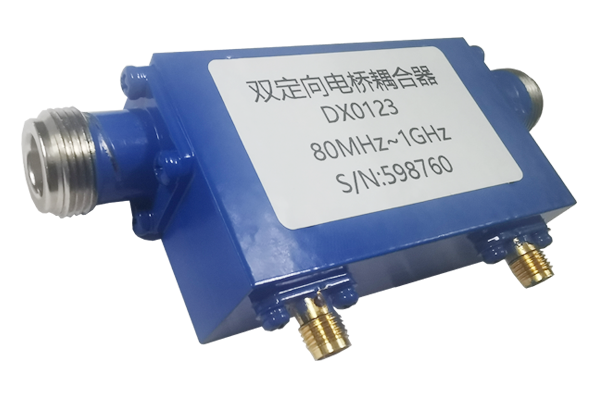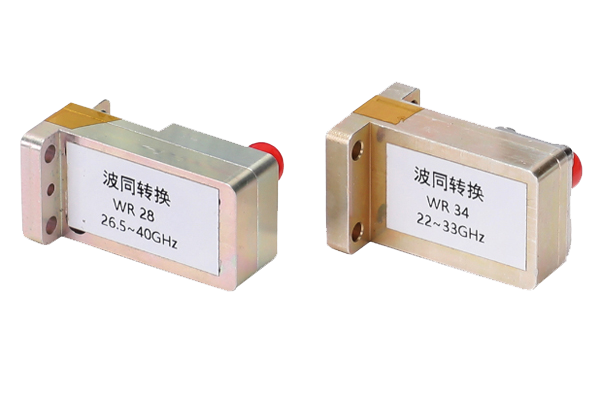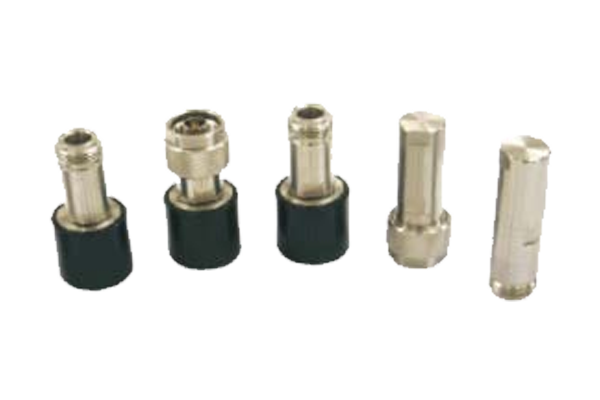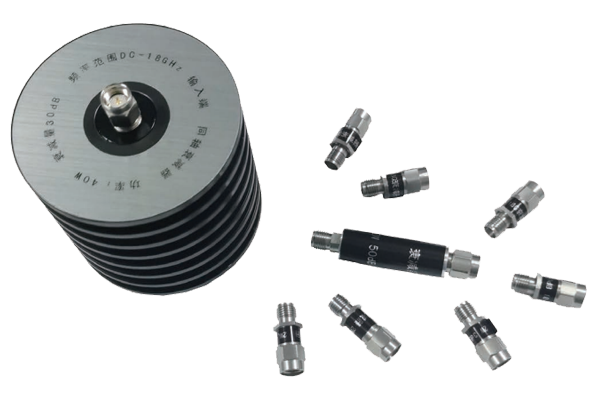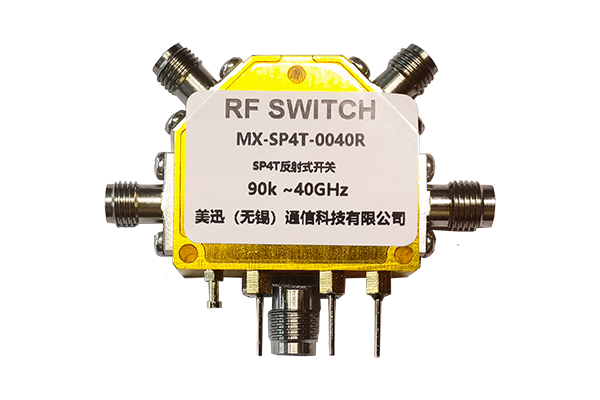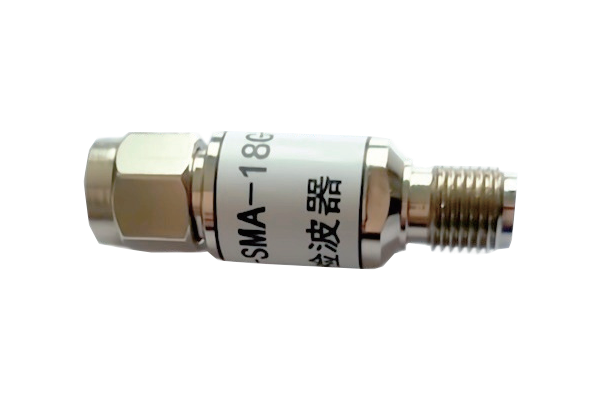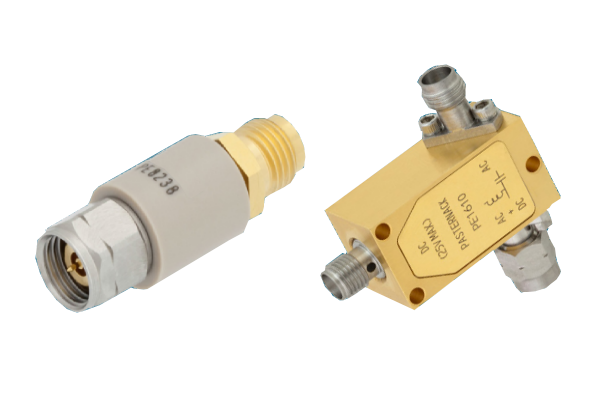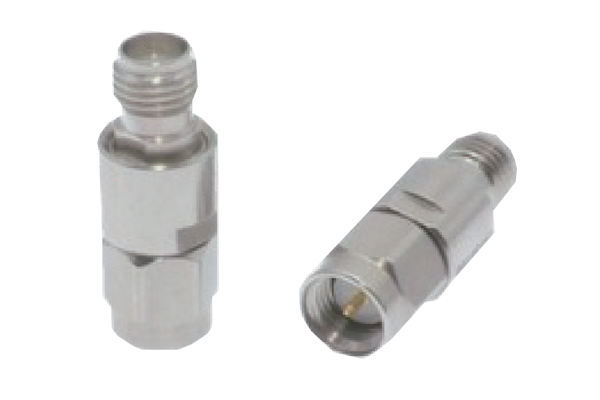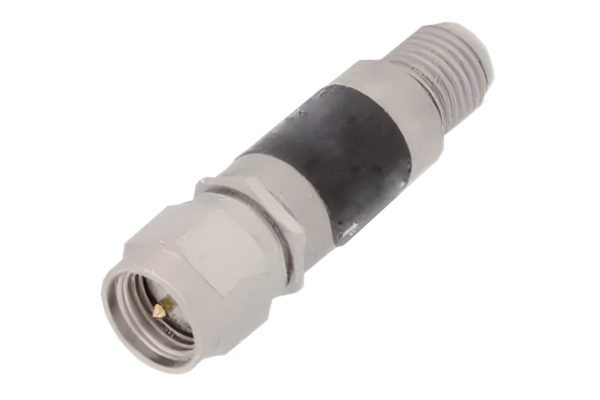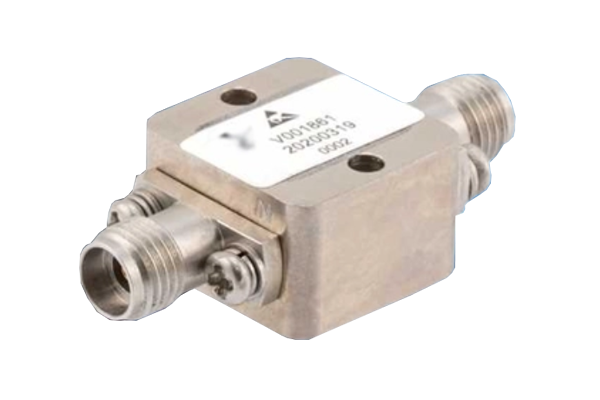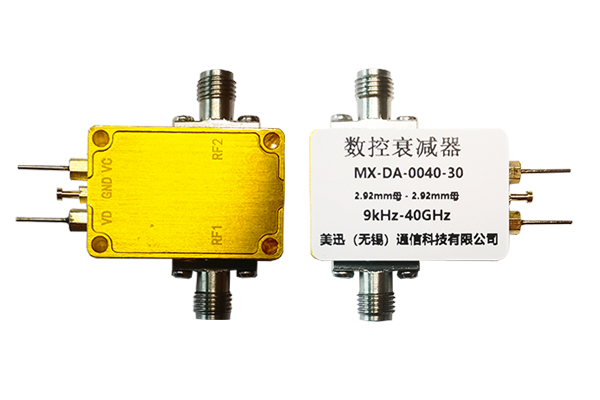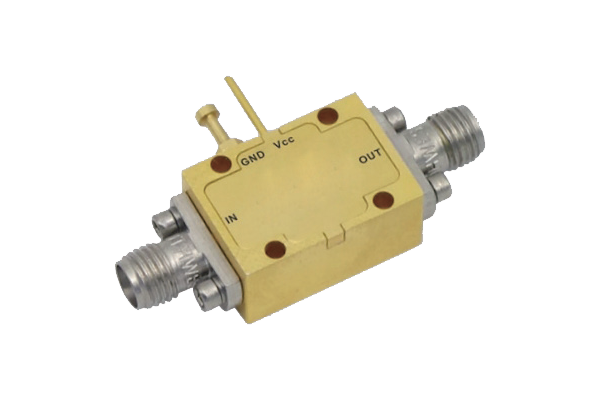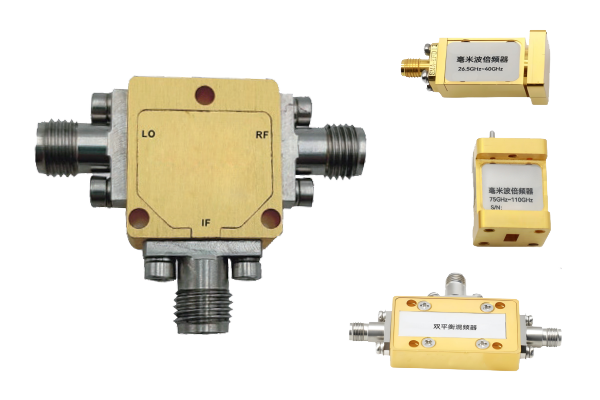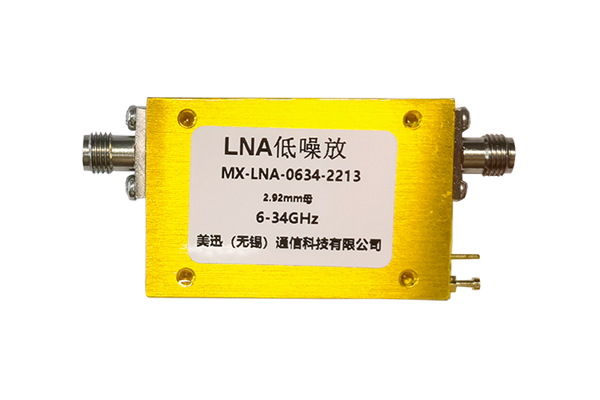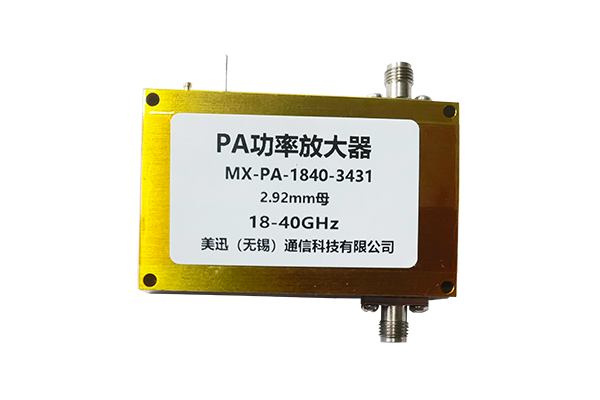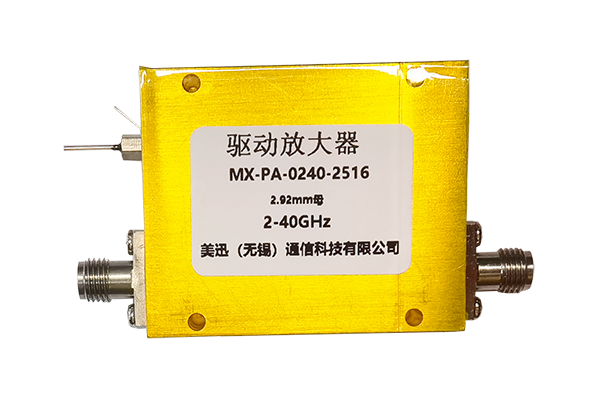Can coaxial switches be used in smart grid systems for power monitoring and control
Coaxial Switches in Smart Grid Systems
Coaxial switches play specialized roles in smart grid power monitoring and control, offering unique advantages in RF signal routing and harsh environment operation.
Key Applications
-
RF Signal Routing for Wireless Sensing Enables multiplexed routing from multiple sensors to centralized gateways
Example: Reduces hardware redundancy by allowing single receiver to access hundreds of distributed grid sensors, optimizing spectrum usage and energy efficiency.
-
Isolation in High-Voltage Environments Robust insulation (gas-filled/ceramic) withstands EMI and high voltages
Critical For:
Remote terminal units (RTUs)
Phasor measurement units (PMUs)Ensures:
Safe signal transmission
Data integrity -
Dynamic Path Switching for Redundancy Enables real-time failover between communication links
Value: Critical for microgrids and renewable energy systems with intermittent power sources, minimizing downtime during primary link failures.
Challenges and Limitations
Practical Implementation
In smart substations, coaxial switches manage RF signals from radar-based fault detection systems, routing data to analytics platforms while providing transient surge isolation. When integrated with IoT gateways, this enables:
While not a primary solution for power control, coaxial switches offer valuable niche capabilities in smart grids—particularly for wireless sensing in high-EMI environments and redundant communication networks. They complement broader grid technologies like PLC and fiber optics to create more resilient monitoring systems.



